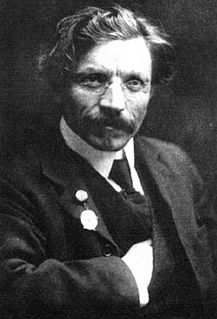A Quote by Epictetus
What is learned without pleasure is forgotten without remorse.
Related Quotes
Genius is neither learned nor acquired. It is knowing without experience. It is risking without fear of failure. It is perception without touch. It is understanding without research. It is certainty without proof. It is ability without practice. It is invention without limitations. It is imagination without boundaries. It is creativity without constraints. It is...extraordinary intelligence!
Could many of our ills today have resulted from our failure to train a strong citizenry from the only source we have - the boys and girls of each community? Have they grown up to believe in politics without principle, pleasure without conscience, knowledge without effort, wealth without work, business without morality, science without humanity, worship without sacrifice?
According to Gandhi, the seven sins are wealth without works, pleasure without conscience, knowledge without character, commerce without morality, science without humanity, worship without sacrifice, and politics without principle. Well, Hubert Humphrey may have sinned in the eyes of God, as we all do, but according to those definitions of Gandhi's, it was Hubert Humphrey without sin.
Muscles without strength, friendship without trust, opinion without risk, change without aesthetics, age without values, food without nourishment, power without fairness, facts without rigor, degrees without erudition, militarism without fortitude, progress without civilization, complication without depth, fluency without content; these are the sins to remember.
He was a foe without hate; a friend without treachery; a soldier without cruelty; a victor without oppression, and a victim without murmuring. He was a public officer without vices; a private citizen without wrong; a neighbor without reproach; a Christian without hypocrisy, and a man without guile. He was a Caesar, without his ambition; Frederick, without his tyranny; Napoleon, without his selfishness, and Washington, without his reward.
I must be without remorse or regrets as I am without excuse; for from the instant of my upsurge into being, I carry the weight of the world by myself alone without help, engaged in a world for which I bear the whole responsibility without being able, whatever I do, to tear myself away from this responsibility for an instant.








































